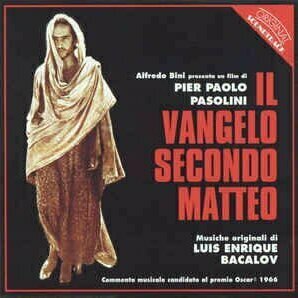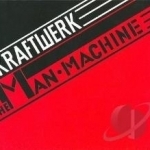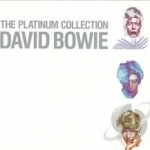
Nuclear Reactions: An Introduction
Book
Nuclei and nuclear reactions offer a unique setting for investigating three (and in some cases even...
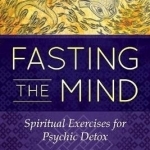
Fasting the Mind: Spiritual Exercises for Psychic Detox
Book
Stop planning, stop comparing, stop competing, stop thinking, and just breathe deeply for a minute...

The Oxford Handbook of the History of International Law
Bardo Fassbender, Anne Peters, Simone Peter and Daniel Hogger
Book
The Oxford Handbook of the History of International Law provides an authoritative and original...
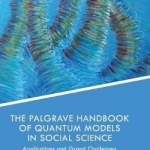
The Palgrave Handbook of Quantum Models in Social Science: Applications and Grand Challenges
Emmanuel Haven and Andrei Khrennikov
Book
It is not intuitive to accept that there exists a link between quantum physical systems and...
Learning and Memory: Basic Principles, Processes, and Procedures
Book
[Insert Endorsements Here] This thoroughly updated edition reviews the core methods and the latest...
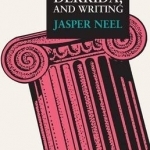
Plato, Derrida, and Writing
Book
Achieving the remarkable feat of linking composition theory, deconstruction, and classical rhetoric,...

